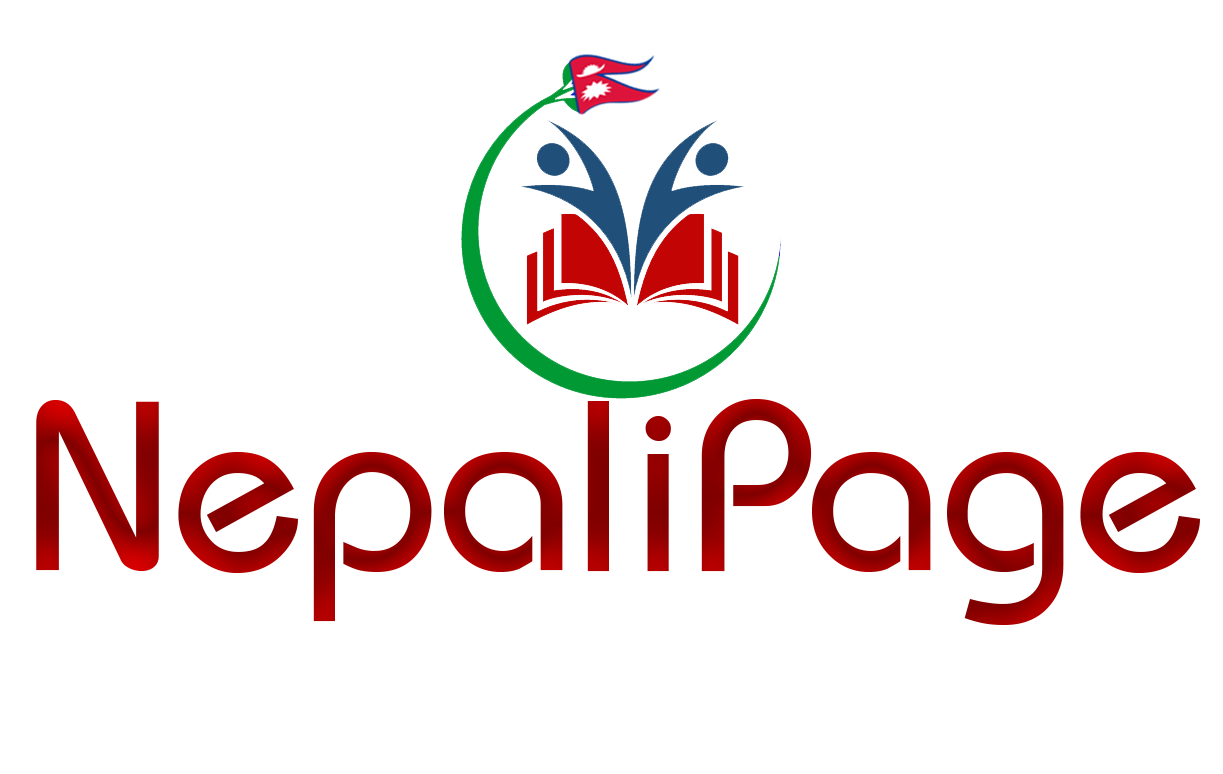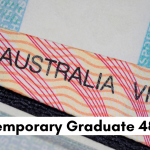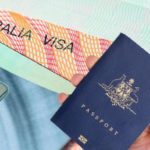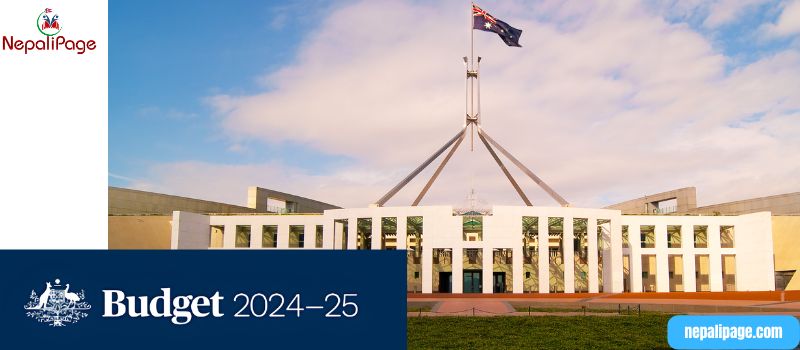There have been a lot of foreign investors coming into the Canadian real estate market hoping to park their money and generate rental income. And Nepalese people too are interested in investing in real estate in Canada. Nepalese residing in the USA, Mexico, Australia, and other countries are seeking to explore the real estate market of Canada with the possibilities of investment.
Additionally, Canada is a popular immigration destination, with many Nepalese immigrants hoping to settle in the country through real estate purchases. It doesn’t matter if you’re buying a house for investment purposes or personal use; you should know some things before buying a home in Canada.
Therefore, Nepalese buyers in Canada should be aware of a few things.
Can Nepalese buy property in Canada?
Canadian law does not prohibit citizens, residents, or non-residents from buying property in the country. You will still be able to buy land in Canada even if you live in another country full-time.
What do Nepalese buyers need to know about real estate in Canada?
In Canada, foreign ownership of property is legal; however, there are some conditions you might have to meet if you are purchasing as a foreigner.
Nepalese property buyers in Canada will have to pay speculation taxes
Non-resident speculation taxes, which only exist in Ontario and British Columbia, are one example of such conditions.
Non-residents will face a tax if they buy or own homes under this tax to make buying real estate less attractive to them.
On the other hand, the Ontario tax applies only in the Golden Horseshoe region and costs 15%. The tax on homes in BC can amount to up to 2% of their assessed value.
Moreover, rental income earned from your property will be subject to higher taxes. You will be taxed 25% on any rental income as a non-resident.
Read Also: Nepalese running business in Canada, know your tax brackets for 2022
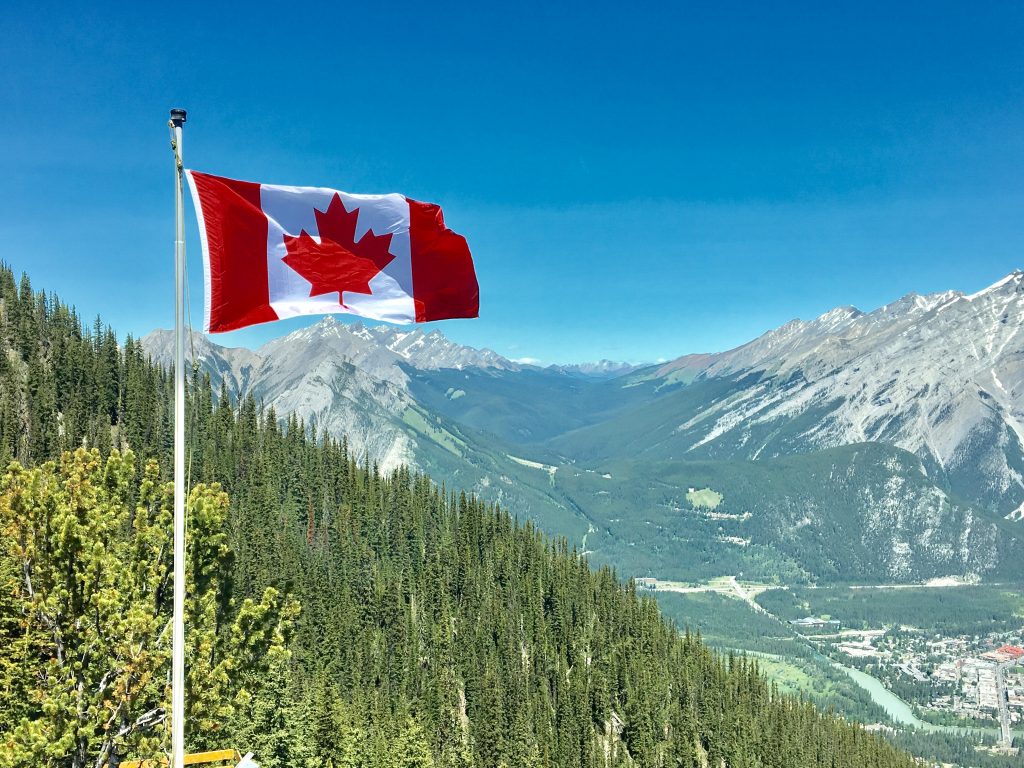
Do Canadian banks give loans to the Nepalese?
Moreover, non-residents would have a more challenging time getting loans from Canadian banks. The conditions are already strict for citizens, and they are even stricter for non-residents.
A loan application requires you to provide several documents, such as bank statements, that prove the amount of your down payment, income, and creditworthiness.
A down payment of at least 35% is also required, and an amortization period of more than 25 years is ineligible.
As a foreigner or a citizen, you’ll have the exact purchase price, interest rates, and property taxes as the next person.
Is there a process for opening a bank account in Canada for a loan?
If you want to buy a home in Canada, you will have to visit the country at least twice. It’s essential to establish a Canadian bank account so that you can receive Canadian financing and sign any documents related to your purchase. Foreign homebuyers cannot grant power of attorney to sign real estate documents remotely.
Do you need to pay vacancy tax if you buy a house in Canada?
Finally, you may be subject to a vacancy tax if you own residential real estate that remains vacant for an extended period while not living there. Currently, these taxes are only imposed in a few municipalities. By next year, a 1% tax will be imposed nationwide. There is a possibility that the federal and municipal vacancy taxes can stack, meaning there may be very high taxes in the future.
These factors combined result in foreigners having more difficulties and paying more for real estate, despite relatively few restrictions.
Read Also: Permanent Residency in Canada for Registered Nurses
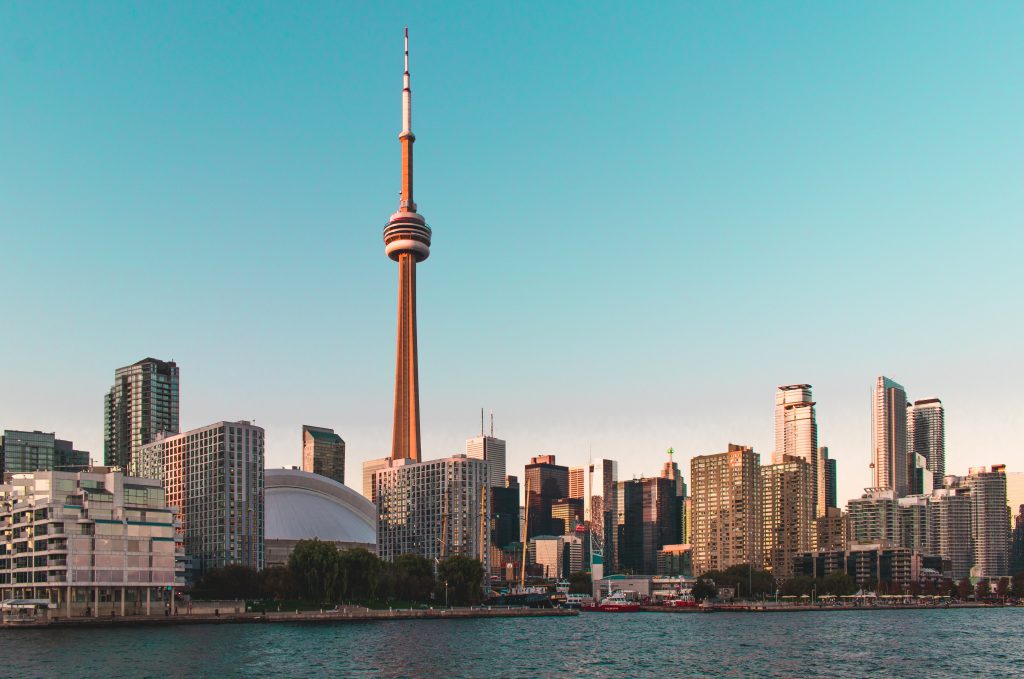
Can a Nepalese stay in Canada after buying real estate?
It is not enough to own a house in Canada to qualify you for citizenship or immigration benefits. As an immigrant to Canada, you will still have to undergo the same application process and waiting period as any other.
Once, a Canadian investor immigration program allowed people to obtain permanent residency by investing large amounts of money in the Canadian economy interest-free. Although this program was suspended in 2014, Quebec still operates its version.
Do foreigners and Nepalese have the right to purchase houses?
Foreign ownership is seen as one of the significant issues in the Canadian housing market. Canadian home prices are becoming increasingly unaffordable for many Canadians, and the housing supply is dropping.
There is a possibility that foreign owners won’t be welcome for much longer due to new regulations such as vacancy taxes. A vital issue for Canadians during the federal election was the housing market. Most major parties supported some restrictions on foreign ownership, regardless of their political affiliation.
How can you determine your Canadian residency status?
The residents of Canada fall into a few different legal categories.
As a first step, some citizens are either born citizens or are naturalized citizens. A Canadian passport may be held, and a vote can be cast in a Canadian election. Canadian citizens do not have restrictions on entering, reentering, and leaving the country.
They enjoy the same benefits as citizens, such as health care, and live and work permanently in Canada. An individual residing in Canada permanently cannot vote, hold office, or use a Canadian passport.
Before applying for naturalization, one must be a permanent resident.
If the individual lives in Canada for over six months or has a strong connection to the country, they are considered residents. Such residents are given the fewest rights. You would, for example, be considered a resident for tax purposes if you own a home and reside there, and you are working towards gaining permanent residence status. Still, you would not have any other privileges.
As the name implies, a non-resident is not a country resident. Citizens or permanent residents do not have access to their rights since they cannot stay in the country permanently. The non-resident may only be in the country for a short period or a foreign national living abroad.
As long as individuals have a physical address in Canada, they are protected under the charter of rights and freedoms, so no restrictions are placed on their freedoms. According to the circumstances, an individual from these groups may be liable for paying taxes in Canada. Non-residents who own real estate in Canada still have to file a Canadian tax return.

